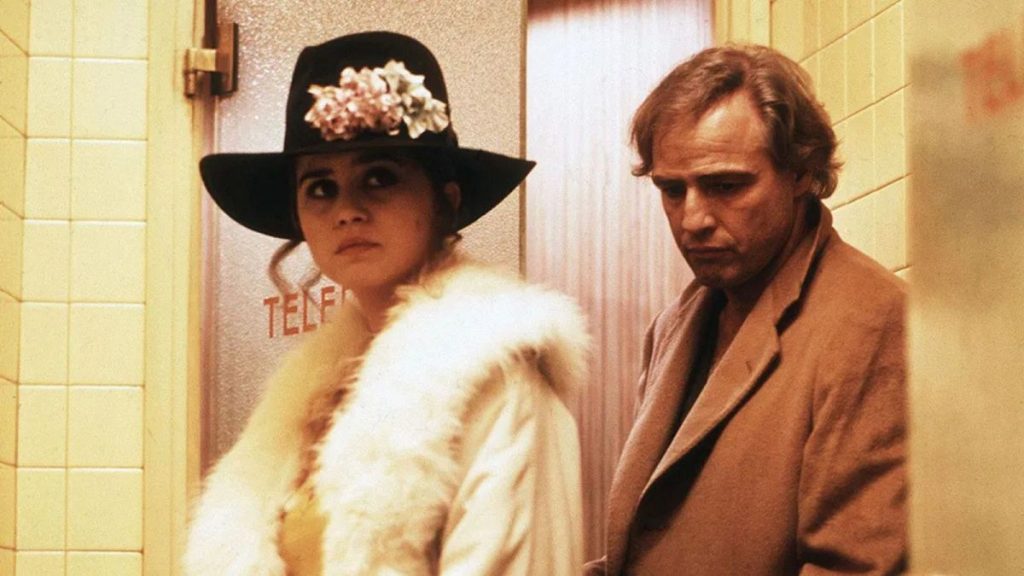Bernardo Bertolucci’s 1972 film, Last Tango in Paris, became embroiled in controversy once again when the Cinémathèque Française in Paris cancelled a scheduled screening amidst protests and security concerns. The screening, part of a Marlon Brando retrospective, was met with criticism from women’s rights activists and organizations who accused the institution of failing to provide sufficient context regarding a notorious rape scene in the film. The scene, involving Marlon Brando’s character and Maria Schneider’s character, has long been a point of contention, particularly after Schneider revealed she had not consented to the specific actions depicted. This re-ignited debate surrounding the film’s ethical implications and the historical treatment of actresses within the film industry.
The Cinémathèque’s decision to cancel the screening was prompted by what they described as "potential security risks" after receiving threats. Director Frédéric Bonnaud explained that the institution, not equipped to handle such threats, prioritized the safety of staff and attendees over proceeding with the potentially volatile event. While the Cinémathèque had initially planned a post-screening discussion to address the controversial aspects of the film, the escalating tensions and security concerns ultimately led to the cancellation. This decision, however, added another layer to the ongoing discussion surrounding the film, raising questions about censorship, artistic expression, and the responsibility of cultural institutions in handling sensitive material.
Central to the controversy is the non-consensual nature of the rape scene and the alleged deception of Maria Schneider. While the sexual act itself was simulated, Schneider maintained that she had not been informed about the specifics of the scene, including the use of butter as a lubricant, until shortly before filming. This lack of consent, and the emotional distress it caused Schneider, has been revisited in recent years, particularly in light of the #MeToo movement, which brought renewed attention to issues of sexual harassment and assault within the entertainment industry. Schneider’s account, initially shared in the 1970s but largely ignored, gained renewed traction, reframing the scene not as a provocative cinematic moment but as a potential instance of exploitation.
Actress Judith Godrèche, a prominent voice in the French #MeToo movement, criticized the Cinémathèque’s initial decision to screen the film without providing adequate context. Her statement highlighted the perceived insensitivity of showcasing the film without acknowledging the ethical concerns and the potential harm inflicted upon Schneider. The 50/50 collective, an organization advocating for gender equality in cinema, echoed these sentiments, calling for a respectful platform for Schneider’s testimony to be presented alongside any screening of the film. This call underscores the growing demand for accountability and a shift in perspective, urging cultural institutions to consider the experiences of those involved in film production, particularly when dealing with potentially traumatic or exploitative situations.
The controversy surrounding Last Tango in Paris highlights the complex intersection of art, ethics, and audience reception. While some defend the film as a significant work of cinematic art, others argue that its artistic merits cannot outweigh the ethical transgressions involved in its production. The film’s legacy remains tarnished by the controversy, forcing a reconsideration of its place in film history and prompting a broader conversation about the responsibility of filmmakers and the power dynamics at play within the industry. The incident at the Cinémathèque, rather than simply being a cancelled screening, became a microcosm of these larger debates.
The cancellation itself also sparked debate. While some applauded the decision to prioritize safety and acknowledge the sensitivities surrounding the film, others viewed it as an act of censorship and a missed opportunity for dialogue. The incident serves as a reminder of the challenges cultural institutions face in navigating complex ethical issues and balancing artistic freedom with the responsibility to address harm and promote respectful discourse. The Last Tango in Paris controversy continues to resonate, prompting important conversations about consent, exploitation, and the evolving understanding of ethical practices within the film industry.














